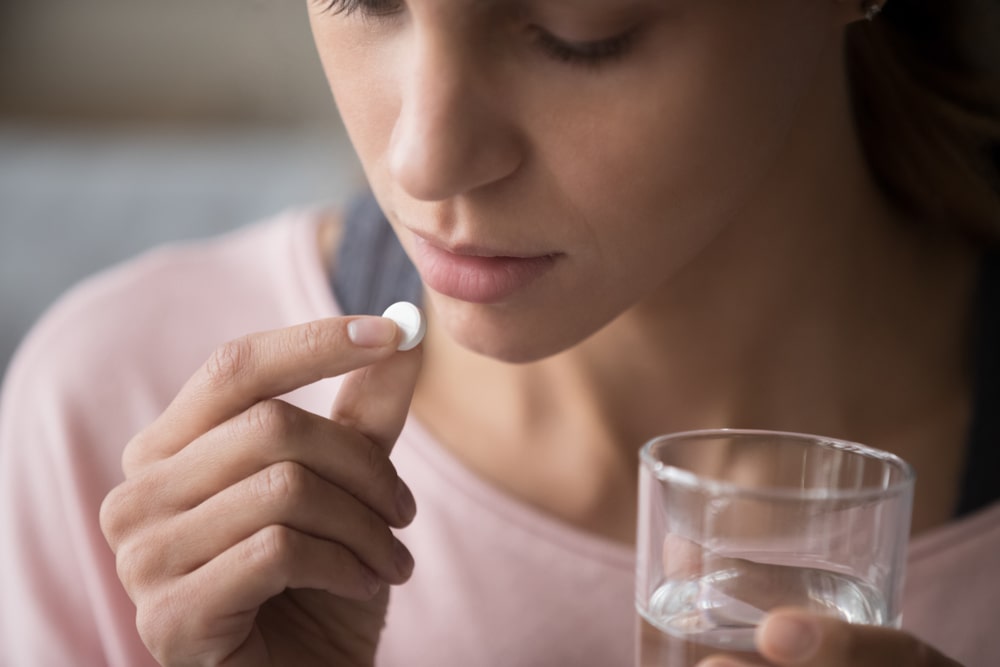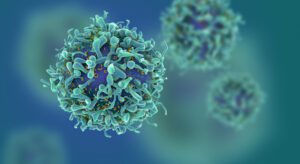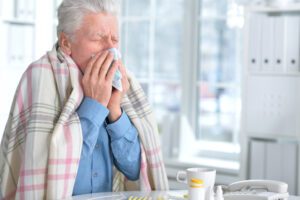Antidepressants are very efficient in alleviating many of the symptoms of depression. However, their side effects often come with the package, and let’s just say that some of them aren’t really fun to deal with. There are also rare cases where things can get quite serious, and your doctor might have to switch your medication altogether.
Selective serotonin reuptake inhibitors, or SSRIs, are the most commonly prescribed antidepressants. You can learn more about how they work and some of the most important side effects, but also how they help you deal with depression and other mood disorders.

What are the side effects of antidepressants?
Everyone reacts to medicine in different ways, but some side effects are quite typical. These could include:
- nausea
- weight gain
- trouble sleeping
- dry mouth
- blurred vision
- dizziness
- anxiety
- headache
- diarrhea/ constipation
- intimacy issues
- fatigue
- tremors
- increased sweating
It’s worth keeping in mind that some of these issues could go away a couple of weeks after you start taking antidepressants.
Lesser-known side effects
Some of the most important side effects you need to take into account are not even discussed, which is concerning, especially since they are particularly important. First, you might notice a lower alcohol tolerance. At least in the first weeks after starting your treatment, you might want to try drinking alcohol at a slower pace and drink as little as you can. When you combine those two, you might experience a strong sedative effect.
Another one is bleeding. Antidepressants, especially SSRIs, can easily affect platelet clotting and increase the risk of bleeding. You might want to watch out for new easy bruising and nosebleeds, especially if you experienced bleeding in your gut before.
You also need to pay attention to lower sodium levels. At times, antidepressants might interfere with your blood sodium level, which could lead to headaches and confusion. Low sodium levels, known as hyponatremia, are way more common in older people.
There’s an increased risk in the first two to four weeks after starting your antidepressant treatment. You also want to watch out for symptoms of hyponatremia, especially when you’re adjusting to a brand-new antidepressant. Besides headaches and confusion, you might notice:
- nausea
- vomiting
- drowsiness
- fatigue
- crankiness
- restlessness
- muscle cramps/spasms/ weakness
- seizures
Who gets side effects?
While not everyone reacts the same to treatment, your side effects might not be the same as someone else’s, even if it’s the same treatment. Some people don’t experience any kind of side effects. However, it’s worth noting that the way you respond to your treatment might depend on:
- other medications – some drugs could interact with antidepressants. This can lead to other side effects, especially if your medications are increasing your treatment. There’s also a chance that other types of medications cause your antidepressants to be less effective. This is one of the reasons why it’s so important to make sure your healthcare providers are fully aware if you’re medicating, whether we’re talking about prescription pills or over-the-counter.
- age – older people are way more likely to experience some sort of side effect.
- genes – your genes could really affect the way your body is handling any kind of treatment. For instance, if your body absorbs medication at a slower pace, you might be prone to side effects.
- the type of drug – older medications such as tricyclic antidepressants and MAOIs tend to come with more side effects than SSRIs, SNRIs, and any other atypical antidepressants.
How to deal with the side-effects
If you’re looking for ways to ease your side effects when taking your antidepressants, here’s a list of tips that might help you:
- eat small but more frequent meals throughout the day. It helps your digestion.
- drink a lot of water.
- cut back on sweets and saturated fats.
- eat a lot of veggies and fruits.
- keep a food diary to notice if something’s ramping up your side effects.
- practice relaxation methods, such as deep breathing and yoga.
- get regular exercise.
Depending on the side effects, there’s a bunch of things you can try:
Nausea. Try sucking on sugarless candy, and ask if you can try a slow-release version of your antidepressant. Take the medication at night, this way the nausea won’t bother you as much.
Intimacy issues. If you have se* right before you take the antidepressant, the effects are way lower. You’ll also want to talk to your doctor about other things that might help, such as estrogen cream or even er*ctile dysfunction medication.
Fatigue. Take your meds at night, right before bed. Try to have a short nap during the day, as well.
Trouble sleeping. Take your antidepressants in the morning instead of bedtime, and try to stay away from caffeine. You can also ask your doctor for any medicines that could help you sleep.
Dry mouth. Carry water with you throughout the day. Try ice chips or chew gum. Also, make an active effort to breathe more through your nose than your mouth. Talk to the doctor about medication that could help you make more saliva.
Blurred vision. Ask your doctor about special eyedrops that could moisten your eyes.
Constipation. Eat a lot of high-fiber foods, or even consider taking fiber supplements. Stool softeners might help, too.
Dizziness. Try to move slowly, especially when you’re standing up. Take your antidepressant at bedtime.

Treatment effects that aren’t physical
Disliking the medication. Some people really hate taking medicine to feel better. This could lead to not taking it the way they’re supposed to or quitting altogether. You might want to talk to your doctor about the risks, benefits, and all the other alternatives of medication and if anything fits into your lifestyle.
This goes even more if the medication isn’t the only viable option for depression.
Emotional blunting. You could also notice that you feel emotionally numb when taking antidepressants. Unfortunately, this is another common side effect. In order to properly manage it, you might want to try discussing with a therapist about ways to boost your mood, asking your doctor about lowering your antidepressant dose and taking part in activities that boost your serotonin levels, such as exercise, massage therapy, and light therapy.
Also, you should have a conversation about the prospect of relying on your medication alone. Many people use antidepressants as their only treatment. But when you’re dealing with depression, there could be other things you might want to talk about or work in psychotherapy. This is exactly why therapy is such an essential part of treating depression.
When you should call your doctor
Some side effects can represent a threat to your overall wellbeing. If you notice any of these symptoms, make sure you tell your doctor right away:
- thoughts/ attempts of suicide
- feelings of depression and anxiety
- feeling agitated and restless
- panic attacks
- trouble sleeping
- worsening crankiness
- aggression and violence
- hallucinations
- acting out on dangerous impulses
- feeling hyperactive
- unusual changes in behavior and mood
At times, antidepressants could mix with other medicines and even impose life-threatening issues. You need to pay attention to any new symptoms or be more mindful of the ones that could worsen. You might want to dig deeper into the matter, and if that’s so, we recommend you check this book!
If you’re interested in reading other articles on our website, we recommend you continue with: 24-Hour Flu: What It Is, How You Treat It, and More






